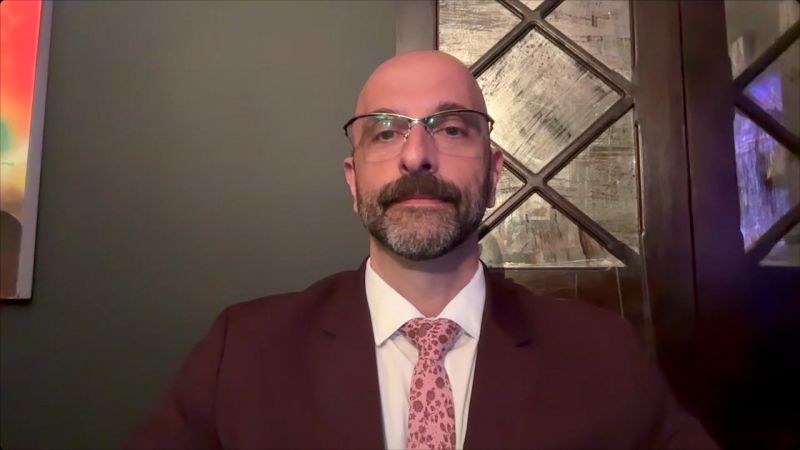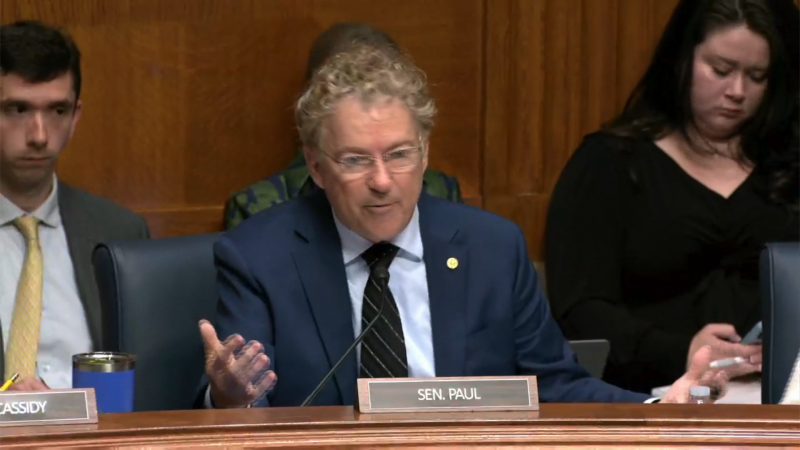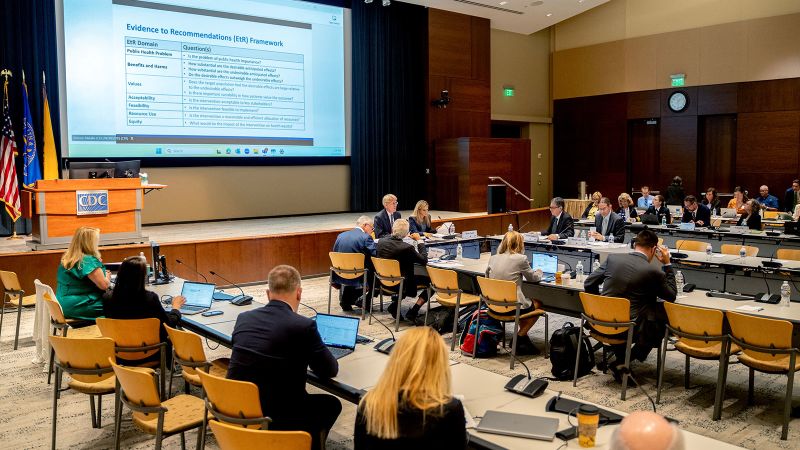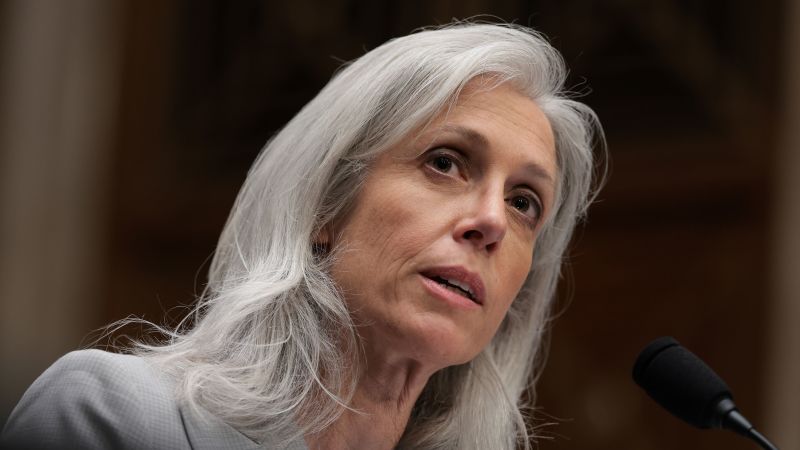
Former CDC Official Labels Senator Rand Paul as 'Bigoted Bully' Amid COVID-19 Criticisms
Opinion | 9/6/2025
A former high-ranking official of the Centers for Disease Control and Prevention (CDC) has labeled Senator Rand Paul as a “bigoted bully” following critical remarks made by the senator. The exchange between the two figures has drawn attention due to its contentious nature. The former CDC official, who chose to remain unnamed, expressed strong disapproval of Senator Paul’s comments, highlighting a significant clash in viewpoints.
The disagreement stems from Senator Paul’s recent criticisms directed at the CDC’s COVID-19 guidance and pandemic response strategies. In response, the former CDC official characterized Senator Paul’s remarks as not only critical but also as reflecting prejudice and bullying behavior. This characterization underscores the escalating tensions surrounding public health policies and political discourse.
While Senator Paul has been vocal in his skepticism of certain COVID-19 measures, the former CDC official’s rebuke sheds light on the broader divide between public health experts and policymakers. This clash of perspectives underscores the challenges faced in navigating the intersection of science, public policy, and political agendas during a public health crisis.
The exchange between the former CDC official and Senator Paul underscores the ongoing debates and controversies surrounding COVID-19 response efforts. As differing viewpoints continue to shape public discourse, the confrontation serves as a microcosm of the broader challenges in balancing public health imperatives with political considerations.
In light of the escalating tensions, both Senator Paul and the former CDC official have not issued further public statements regarding their exchange. The incident reflects the complexities and sensitivities involved in discussions around public health and policymaking, highlighting the need for constructive dialogue and collaboration in addressing pressing public health challenges.


